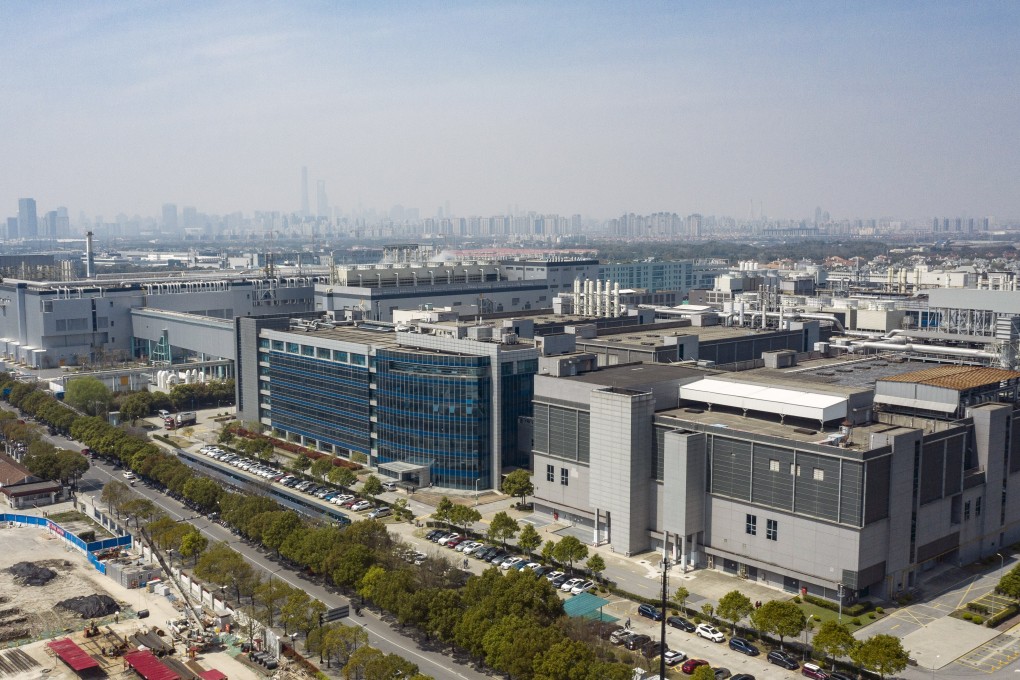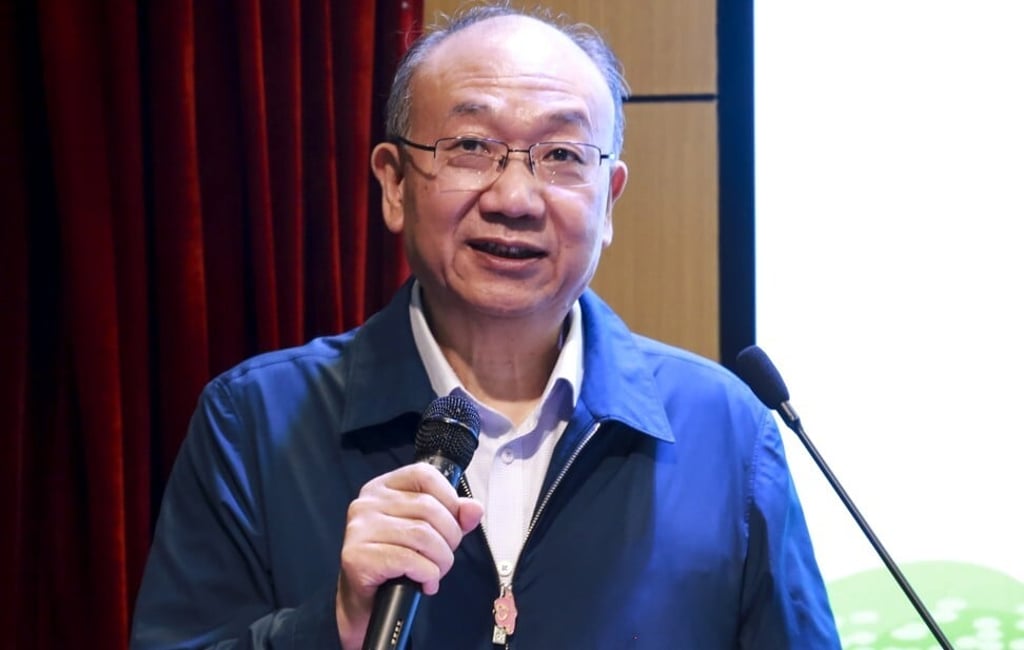Advertisement
Semiconductor giant SMIC’s chairman resigns amid firm’s expansion plans, global chip shortage
- Zhou Zixue, 64, has resigned as SMIC’s chairman, citing personal health reasons
- SMIC chief financial officer Gao Yonggang has taken on the additional role of acting chairman
Reading Time:3 minutes
Why you can trust SCMP
7

The chairman of Semiconductor Manufacturing International Corp (SMIC) has resigned, citing personal health reasons, as mainland China’s largest and most advanced chip foundry pursues new capacity expansion initiatives amid a global shortage of the essential electronic component.
Zhou Zixue, 64, will continue to serve as executive director, according to SMIC’s filing on Friday. Chief financial officer Gao Yonggang has taken on the additional role of acting chairman. Gao has been with SMIC since 2009.
Shanghai-based SMIC said Zhou has no disagreement with the company or its board, and that there is not any information related to his resignation that needs to be brought to the attention of company shareholders, according to its filing.
Advertisement
SMIC did not immediately reply to a request for comment on Saturday.
Zhou took on the roles of chairman and executive director on March 6, 2015, when he replaced Zhang Wenyi who decided not to serve as a board member at that time because of his age.
Advertisement

Before joining SMIC, Zhou served as chief economist at the Ministry of Industry and Information Technology. He holds a master’s degree in engineering management from the University of Electronic Science and Technology of China in southwestern Sichuan province and a doctorate in economic history from Central China Normal University in the central province of Hubei.
Advertisement
Select Voice
Select Speed
1.00x